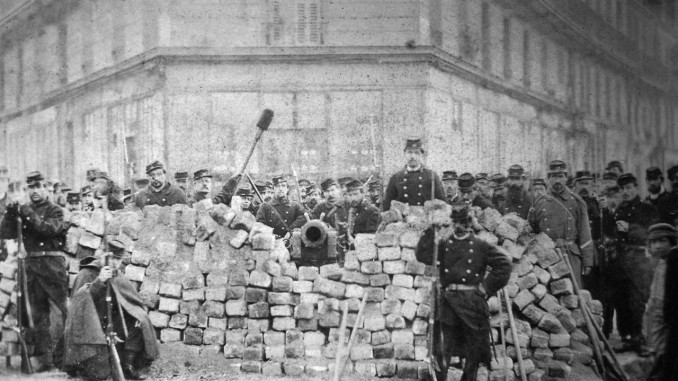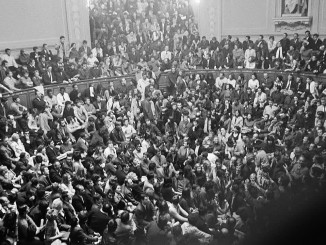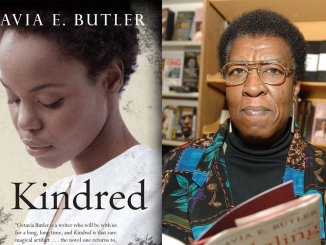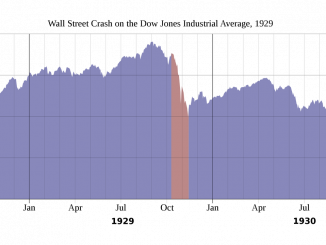
March 18th marks the 150th anniversary of an extremely important moment in human history that most of us have probably never heard of, the Paris Commune of 1871. When we look at what actually took place during this time period, it becomes clear why this history is largely hidden from us. Although the Paris Commune only lasted for a little over two months, it concretely showed for the first time what can be possible when working people take charge of society and begin the process of reorganizing it to meet their own needs. On the scale of Paris, the workers created the first workers government, a genuine participatory democracy where those who did the work of society made the real decisions and carried them out.
In the time period leading up to the commune, France was ruled for decades by the emperor, Napoleon III. In 1868, a major economic crash created misery for many. This was followed by a major strike wave the following year.
As a result of this instability, in July 1870, in a desperate attempt to save face, Napoleon III declared war on Prussia, a country that was part of what later became Germany. In addition to the professional military being mobilized, the National Guard was called forth as well, which was basically a militia made up mainly of the working-class population. The war was a disaster. It wasn’t long before the French military had been defeated. When the population of Paris got wind of this, people were furious. They stormed the government buildings and demanded an end to the rule of Napoleon III. The French elite threw together a new government with the promise of elections to try to cool down the population’s anger. But this was unsuccessful because the people of Paris continued to suffer from food and supplies being cut off by the Prussian army’s siege of the city.
In this state of crisis, the National Guard stepped up to organize the defense of the population by distributing arms throughout the city, organizing neighborhood by neighborhood elections of the leadership and setting up “Vigilance Committees” of civilians to oversee the safety of neighborhoods. This arming and mobilization of the working population terrified the government, which had to weigh this threat against that of the Prussian invaders. Meanwhile, most of the wealthy families of Paris fled the city.
Soon a temporary truce was called between France and Prussia. The French government tried to use this as an opportunity to disarm the population and re-establish their control. In the early morning of March 18th, French soldiers were sent throughout the city to take away the cannons that had been set up by the National Guard and the population. But they were caught in the act by women who quickly alerted other people in the neighborhoods, leading to crowds forming to reclaim the cannons, which they did. The French government saw that the real power in Paris was no longer in their hands; so they fled to Versailles, a palace outside of the city.
In this power vacuum, the National Guard organized elections to a brand-new government body, the Paris Commune, in which 92 delegates were elected from the various neighborhoods of the city. The majority of these delegates were workers. Like leaders in the National Guard, delegates to the Commune were subject to immediate recall, which meant that if people were dissatisfied with what their delegate was doing, they could hold an election whenever they wanted to replace them. Because the Commune was run by the workers, they began taking some steps to benefit working and poor people. These included establishing a ten-hour workday (which had been longer), introducing workers’ compensation for dangerous jobs, forgiving people’s rent during the siege, postponement of existing debts and abolition of interest, and abolishing fines if workers made mistakes on the job. They also began a process of taking an inventory of abandoned factories so that they could be ultimately taken over and managed by the previously employed workers. Unlike most governments, the Commune was an actual “working body.” This meant that the delegates that made the decisions were actually involved in the implementation of those policies. There was no “passing the buck” from one part of the government to another.
Many women played important roles in defending the commune as well tying their emancipation to that that of the entire society. They set up organizations that advocated for wage equality, the right to divorce, professional education for girls, and ending stigmas for children born out of wedlock.
It is sometimes said that, “revolutions are festivals of the oppressed.” The Commune was no different. In spite of the threat of intense violence from the siege, working people were engaged in all kinds of art, music, theater, and debating new ideas. The Louvre museum was opened up to the general public for the very first time. Wherever there were doors that had previously prohibited accessing culture, working people kicked them down.
However, just because working people in Paris were making all of these advancements, this did not mean that the ruling class had gone away and forgotten about them. In fact, as soon as the government moved to Versailles, they were plotting to overthrow the Commune and retake Paris. Because the Commune was largely isolated from the rest of France, the government exiled in Versailles was able to build up an army from the rural peasantry, who were the majority of the population. Their attack on the Paris Commune used extreme terror and repression. An estimated 17,000 Parisians were killed and another 70,000 were displaced from the city with their livelihoods destroyed.
While the workers of the Paris Commune ultimately suffered a severe military defeat, we can say that they had a remarkable political victory. For workers and revolutionaries around the world, they showed what could be possible if they were able to take power into their own hands. They showed that they were absolutely competent to run a government and make decisions. They showed that, even if this particular episode was short-lived, it was possible for ordinary people to begin a process of creating a new world. It is up to us to learn from this history so that we might be able to take up where they left off and finish the project that they started.




